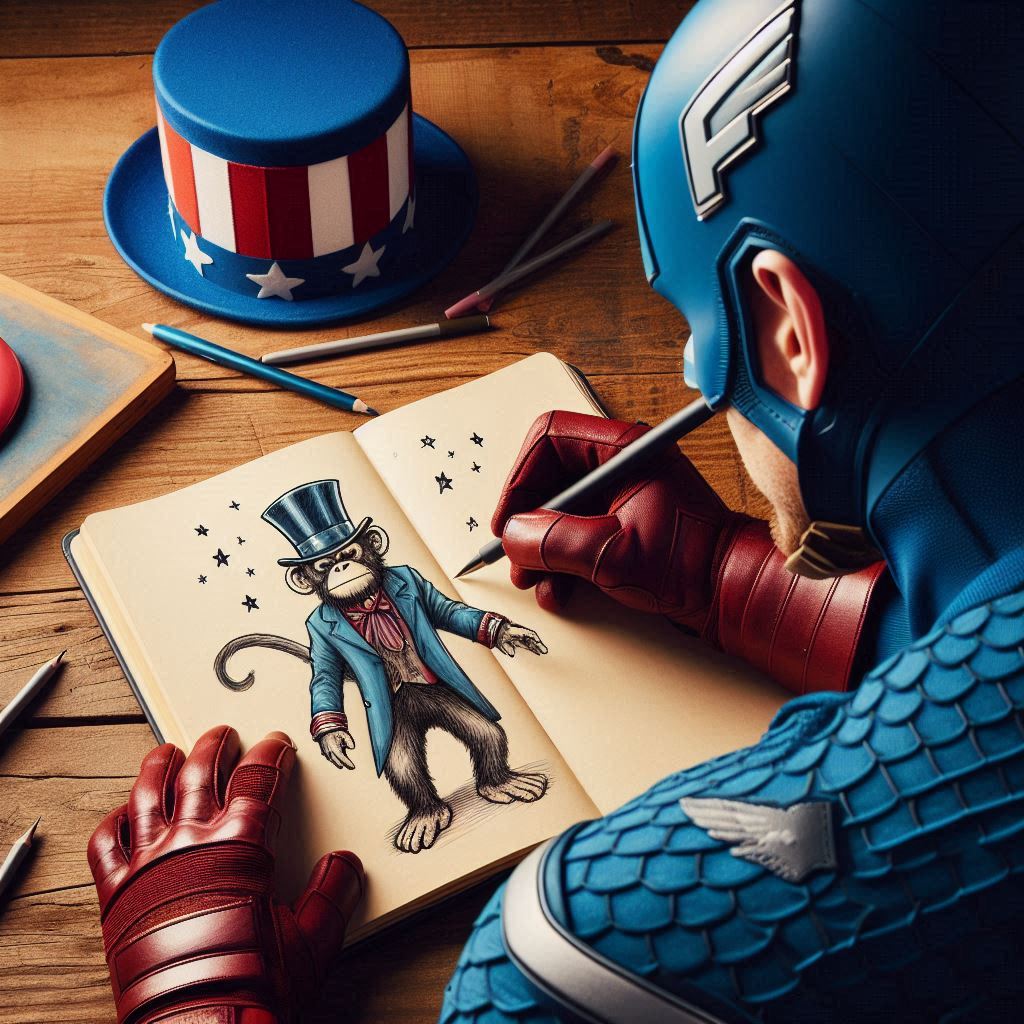Quantum Computing in the Arts, Music and Humanities: The First Doctoral Program

Captain America is famous for throwing his mighty shield, but did you know that Steve Rogers is an artist? In the comics, way back in the 1979 issue of Captain America #237, Steve became a commercial artist in Brooklyn Heights, New York, after the loss of Sharon Carter. Then in the Marvel Cinematic Universe (MCU), in an almost blink-and-you’ll-miss-it moment in “Captain America: The First Avenger,” this Auburndale Art School alumnus quietly expresses his disappointment in being a USO entertainer by sketching himself as a circus monkey.
The Arts Aren’t Just For Superheroes
Quantum Computing is famous for requiring backgrounds in physics, mathematics, engineering, and computer science, but did you know that you can be an artist like Steve? Starting in October 2024, the University of Plymouth’s PhD Quantum Computing in the Arts, Music and Humanities, run by the School of Art, Design and Architecture, will be the first doctoral program in the field to not require any of these backgrounds. In fact, according to Prof. Eduardo Miranda, two of the incoming students are trained musicians.
Training at the Avengers Compound
Notwithstanding the irony of using a Captain America reference, training will take place in Plymouth, United Kingdom, at the Interdisciplinary Centre for Computer Music Research. The ICCMR’s “research activity ranges from developing new music technologies for musical creativity to enhancing health and well-being through music, arts, and culture [and] is pioneering quantum computing in the arts, music, and humanities.” The biomedical applications, such as the Brain-Computer Music Interface, are particularly compelling.
Executing Creative Missions
After 2-4 years of full-time training or 4-8 years of part-time training, ICCMR postgraduate students go on to execute missions at IKLECTIK, London. In a live-coding setting, they conduct musical performances based on the sonification of quantum algorithms. They are not required to wear superhero costumes while they perform, but fingers crossed we’ll see that someday.
Conclusion
A lot of attention is given to understanding quantum computing and developing quantum algorithms, and there’s obviously a need for that. But this program focuses on applications, specifically creative applications, and research into creating such applications. The emphasis is at a higher level than we normally find it, focusing on the usage of quantum computers for specific tasks, akin to how we use classical computers. And as evidenced by two recent sold out concerts in Berlin, performed with quantum computers, there is a demand for this.



















